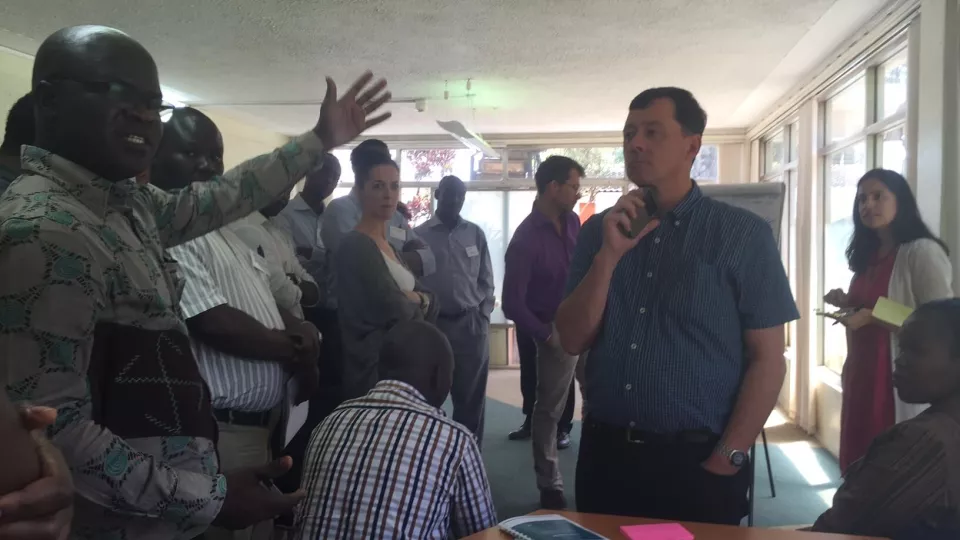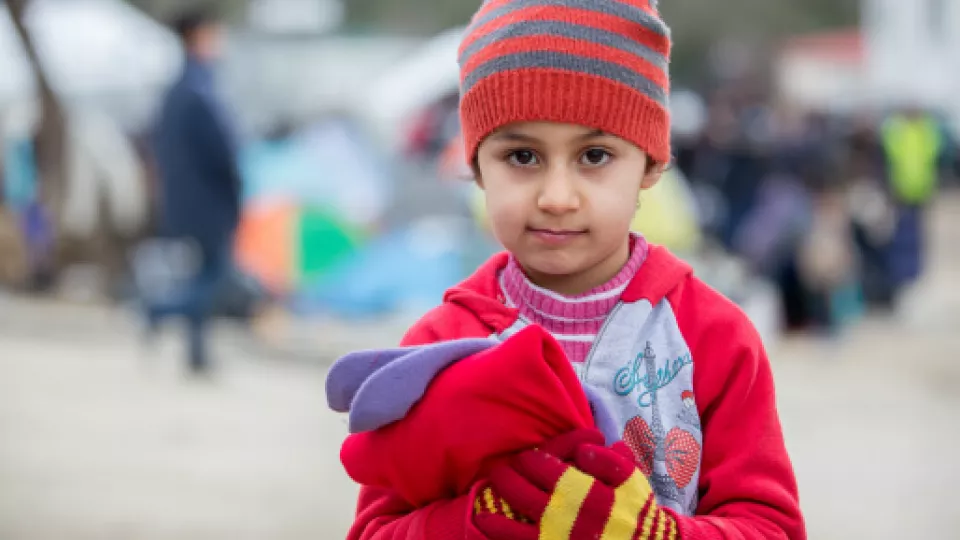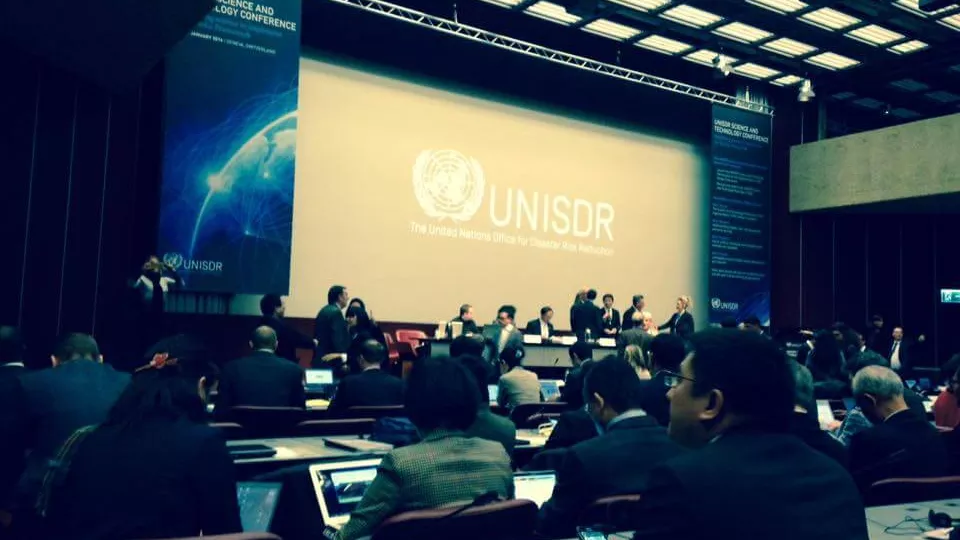First DEPP Pakistan Learning Hub meeting held in Islamabad
Providing a unique opportunity to enhance coordination and collaboration amongst different DEPP projects at country level.
Providing a unique opportunity to enhance coordination and collaboration amongst different DEPP projects at country level.
The Business Plan will enable stakeholders of the Start Network to understand, endorse, support and participate in the activities of the Network.

Yesterday in Nairobi, the Start Network ran a workshop for members of an in-country decision making group.
The Start Network has published its 2016 Business Plan which will enable the governance, membership and external stakeholders of the Start Network to understand, endorse, support and participate in the activities of the Network.
Here Crystal Wells, Roving Communications Officer, International Medical Corps, gives an account of the morning shift on Lesvos.

Here we look at the response by Start Network member ActionAid to the European Refugee Crisis.
A collaborative response by Catholic Relief Services and partners.
Relief International and Leadership for Humanitarians are running the next Leadership for Humanitarians training programme starting in March 2016.
Ros Tennyson outlines a new case study which puts the day-to-day reality of the operational side of Start Network under a microscope.

Becky Murphy from Christian Aid reports from the United Nations Office for Disaster Risk Reduction's Science and Technology Conference.